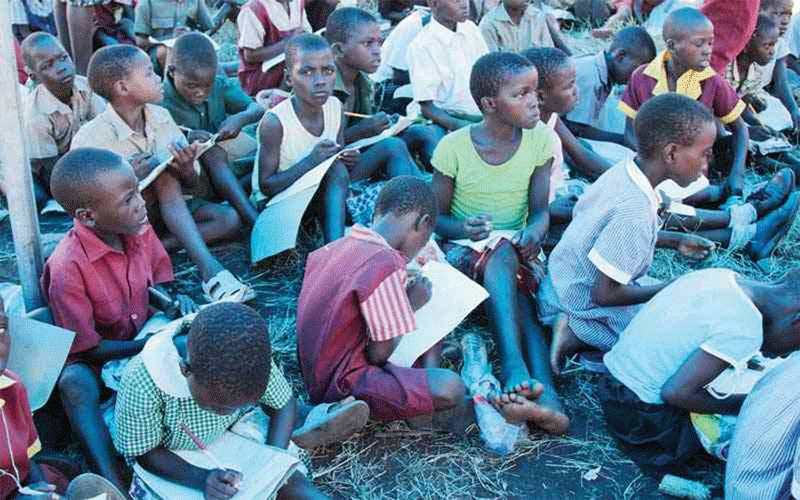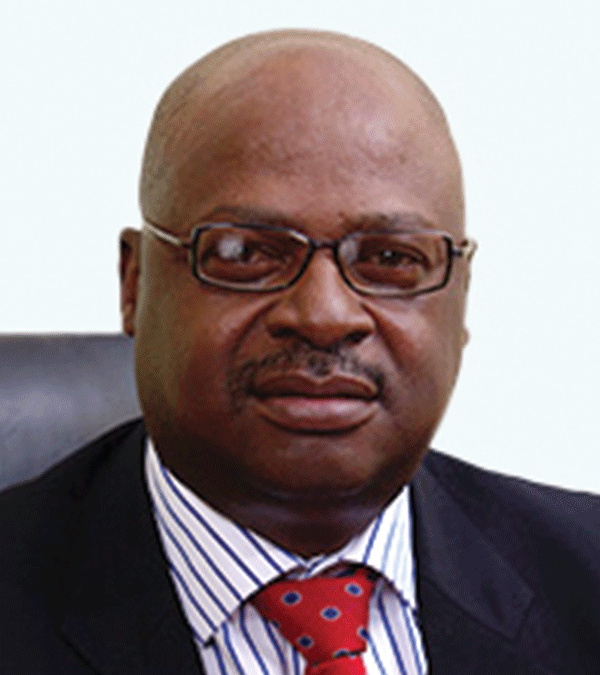
BY SHAME MAKOSHORI A LEADING financial services group has called for tough measures to halt Zimbabwe’s long-running exchange rate crisis.
FBC Holdings Limited, which lifted pre-tax profit by 93% to $5 billion during the year ended December 31, 2021, last week said problems were likely to continue due to tensions in Eastern Europe, which could end with “disastrous economic consequences” in advanced economies.
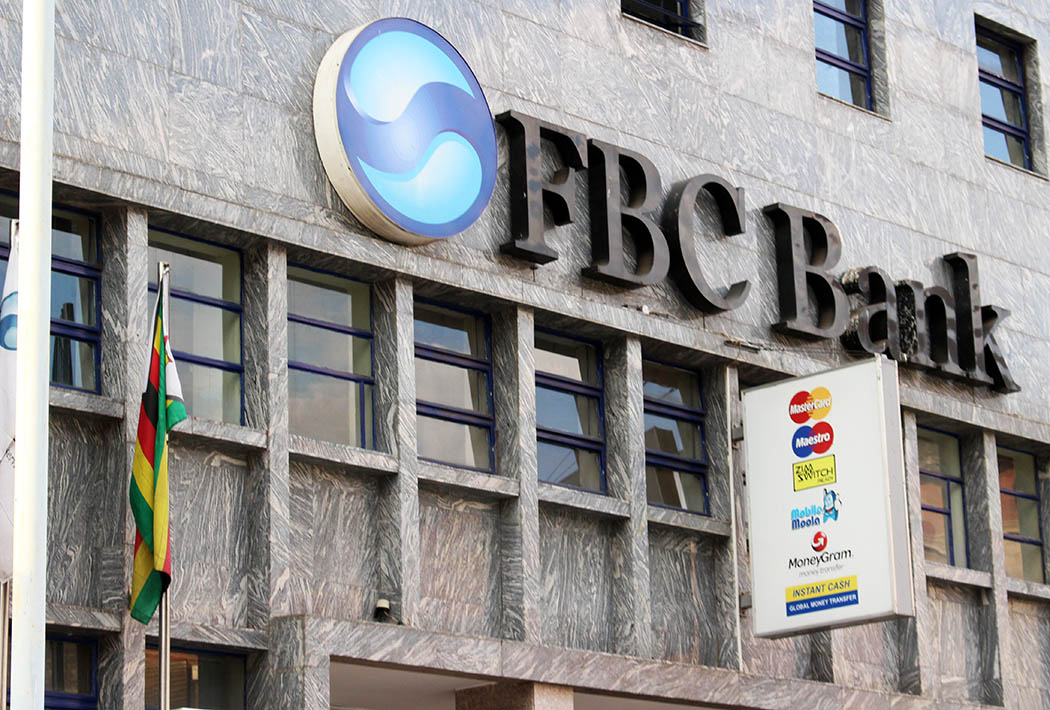
Global markets, including in Zimbabwe, have been affected by the Russia-Ukraine conflict, which has pushed energy prices up and disrupted supply chains.
FBC chairman Herbert Nkala said “country specific economic challenges such as inflation and currency woes” remained an issue.
Zimbabwe has been battling to ride out the most difficult phase of a crisis that deepened in 2019.
The crisis has been highlighted by currency depreciation.
The Zimbabwe dollar traded at US$1:$108 at the beginning of January, but was this week trading at US$1:$142 on the official market.
Economists have hinted that the Zimbabwe dollar could tumble to US$1:$500 by December.
- Chamisa under fire over US$120K donation
- Mavhunga puts DeMbare into Chibuku quarterfinals
- Pension funds bet on Cabora Bassa oilfields
- Councils defy govt fire tender directive
Keep Reading
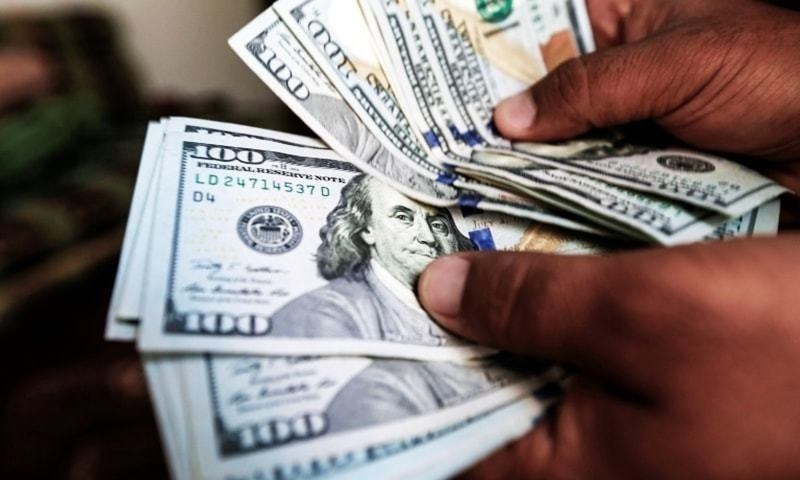
Authorities have responded with policy measures to defend the unit.
“While we appreciate the efforts by the regulators and fiscal authorities to stabilise the foreign currency exchange market, as well as enhancing domestic use of the local currency, there is still a strong need to bolster and strengthen this framework,” Nkala said in a commentary to the financial statements.
“The foreign exchange auction system managed to provide the much-needed liquidity to key productive sectors and thus contributing to the 7,8% economic growth recorded in 2021. To further buttress price stability, Statutory Instrument 127 of 2021 was gazetted to instil discipline on the foreign exchange market and safeguard adherence to prescribed policy guidelines,” he added.
“While the Zimbabwe dollar/USD exchange rate closed the year at $108,666 per US$1 compared to $81,7866 at the end of December 2020, the alternative market premiums continued to exert significant pressure on inflation. A premium of between 40% and 90% was recorded during the course of 2021. The local economy still faces a number of hurdles despite strong positive economic trends witnessed in 2021.
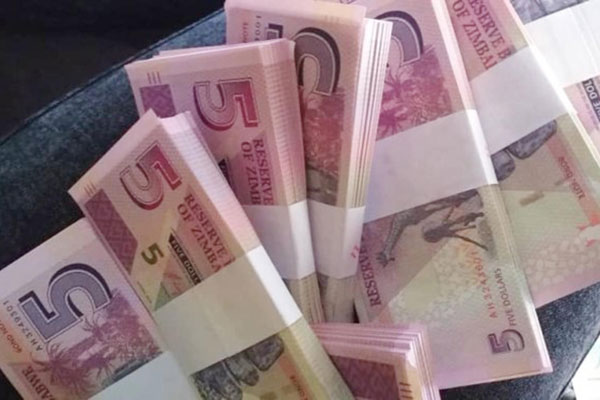
“Concerted efforts have been and will continue to be made in the fight against the COVID-19 pandemic and this is expected to result in the world economy opening up. Country specific economic challenges such as inflation and currency woes may further drag the economy.
“It is, however, expected that government responses in the form of fiscal and monetary policies, will steer the country out of economic turbulence, thus presenting new opportunities for the group. Despite the anticipated headwinds, we expect the good business momentum to continue into 2022 and our strategies that are in place to result in increased growth in most of our business areas.”
FBC’s inflation-adjusted profit-after-tax increased to $4,3 billion during the review period, a 78% rise from $2,4 billion in 2020.
Total income increased by 37% to $17,9 billion, from $13,1 billion, tracking revenue growth from most income streams. Net interest income increased by 86% to $5 billion.
- Follow us on Twitter@NewsDayZimbabwe

